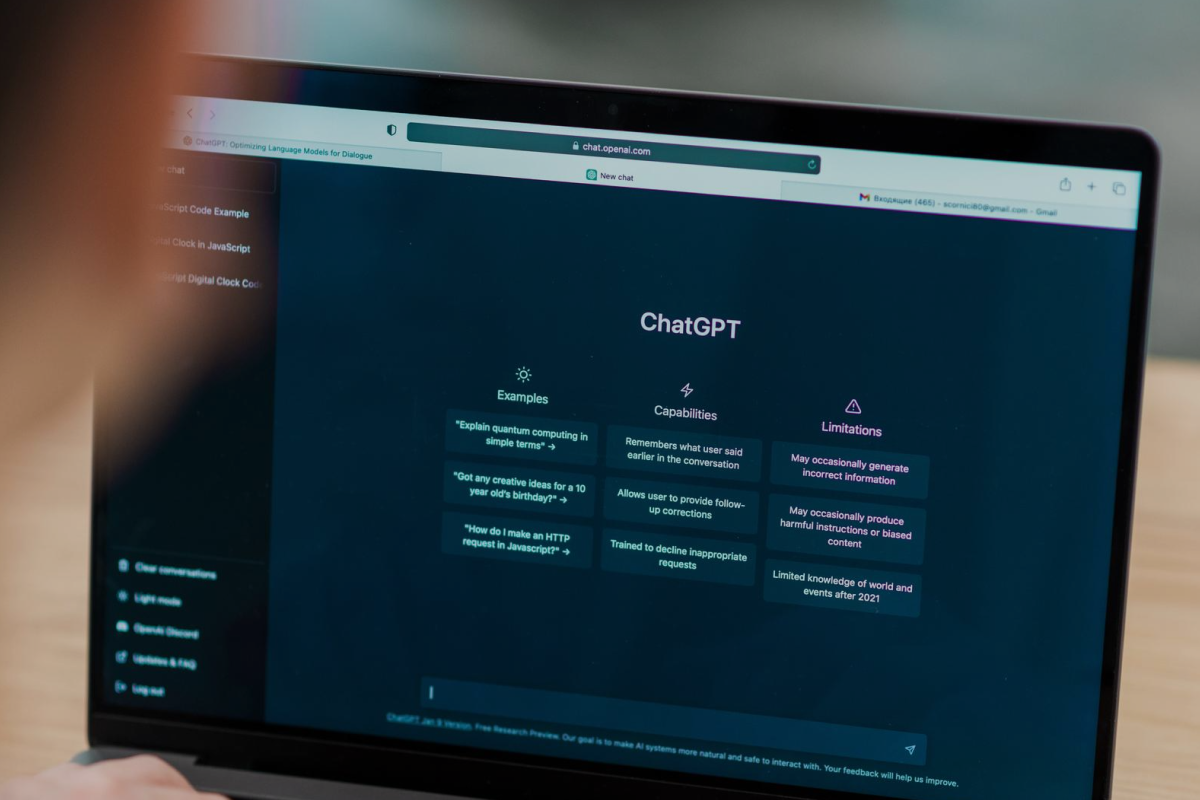Imagine a world where machines learn, robots collaborate with humans, and everyday objects are interconnected. This is not a distant future. New technologies are having a major effect on the workplace, altering the nature of labour and the types of jobs that may be done.
What are the transformative technologies driving workforce evolution?
- One of the most revolutionary technologies, artificial intelligence, or AI, allows machines to mimic human intelligence and carry out tasks that were previously only possible for humans. Natural language processing systems that enable chatbots, voice assistants, and machine learning algorithms are just a few examples of how AI is reshaping industries.
- Another category of modern technology that is rapidly altering the workforce is automation and robotics. Robotic process automation enables software robots to carry out repetitive and rule-based tasks, freeing up human workers to concentrate on more intricate and strategic tasks.
- The Internet of Things is connecting everyday objects to the internet, enabling seamless communication and data exchange. In the workplace, IoT devices are enhancing efficiency and safety. Smart sensors and connected devices enable real-time monitoring of equipment, predictive maintenance, and optimised resource allocation.
What is the role of automation and AI in the future of work?
Automation is a trend that will be used in many fields and industries in the near future. In customer service, chatbots and virtual assistants are handling routine inquiries, freeing up human agents to focus on complex customer issues. Automation is also transforming data analysis by using algorithms to process large amounts of data quickly and accurately. By automating these tasks, organisations can optimise productivity, minimise errors, and allocate human resources to more strategic and creative endeavours.
These emerging technologies are not only changing the way work is done but also creating new job roles and opportunities. The workforce of the future will need to embrace modern technology, adapt to new roles, and continuously upskill to remain competitive in the evolving job market. Employees are no longer limited by their location because of advances in communication technology, collaborative platforms, and cloud-based systems. This transformative approach is revolutionising industries across the globe, offering a myriad of benefits that can propel businesses to new heights.
What are the benefits of integrating automation and AI into the workforce?
- Enhanced efficiency and productivity.
Adopting automation and AI helps businesses cut down on mundane, time-consuming tasks, which in turn frees up resources and allows workers to focus on more strategic endeavours. Automation of repetitive tasks like data entry, report generation, and inventory management can greatly improve operational efficiency while decreasing the potential for human error. Teams can now analyse data, make predictions, and make decisions with greater precision and speed thanks to the incorporation of AI algorithms.
- Improved customer experience.
The use of automation and artificial intelligence can completely change how businesses interact with their customers and improve their service. AI-enabled chatbots and virtual assistants can respond immediately to customer needs, answer their questions, and make specific suggestions. Through intelligent automation, you can deliver timely responses, 24/7 availability, and tailored experiences, resulting in increased customer satisfaction, loyalty, and retention.
- Cost savings and resource optimization.
Automation and AI integration can help companies save a lot of money. By automating mundane tasks, you can reduce your reliance on human labour and save money on employee training. Predictive analytics supported by AI can also improve the allocation of resources, management of stock, and logistics of a supply chain, all with the goal of cutting costs and increasing productivity. These savings aid in increasing profits and enhancing market competitiveness.
- Augmented decision-making.
Incorporating AI technologies provides businesses with robust resources for data analysis, paving the way for better strategic planning and decision-making. Leaders can now confidently make data-driven decisions thanks to AI algorithms’ ability to analyse massive amounts of data, spot patterns, and generate valuable insights. Because of this improved capacity for making decisions, you can better respond to market changes and seize opportunities as they arise.
- Upskilling and talent development.
Automation and AI do not make human labour obsolete, despite what you may have heard. Instead, they make room for skill improvement and the cultivation of new abilities. Machines can handle routine work, freeing up workers to focus on more interesting and difficult tasks. Companies can promote a culture of lifelong learning and development by funding training programmes that give workers the tools they need to effectively collaborate with automation and AI systems.
What are the challenges of integrating automation and AI into the workforce?
While the benefits of modern technology are undeniable, there are also several challenges that need to be addressed to ensure a successful implementation. In this article, we will explore the key challenges of integrating automation and AI into the workforce and discuss strategies to overcome them.
- Workforce reskilling and adaptation
Challenge: There is a need to reskill and adapt the existing workforce to work alongside automation and AI technologies. This requires identifying the skills gaps, providing relevant training, and fostering a culture of continuous learning.
Solution: Organisations can invest in robust reskilling programmes that offer training opportunities for employees to acquire new skills that align with the requirements of the evolving workplace. Additionally, creating a supportive learning environment and encouraging employees to embrace change can facilitate a smooth transition.
- Job redefinition and automation anxiety
Challenge: The integration of automation and AI can lead to job redefinition, causing anxiety among employees who fear the possibility of job displacement or becoming obsolete in the workforce.
Solution: Transparent communication is crucial to addressing employees’ concerns and fears. Organisations should emphasise that automation and AI technologies are meant to enhance human capabilities rather than replace them. By engaging employees in the process and showcasing how their roles can evolve, organisations can alleviate anxiety and promote a positive outlook towards automation.
- Ethical Considerations and Trust
Challenge: Automation and AI raise ethical considerations such as privacy concerns, data security, and bias in decision-making algorithms. Building trust in modern technology among employees and stakeholders is essential for its successful integration.
Solution: Organisations need to prioritise ethical guidelines and frameworks when implementing automation and AI systems. Transparent and responsible use of data, addressing bias, and ensuring proper safeguards can help build trust and confidence in these technologies.
Partner with GrowMore for Seamless Integration and Maximum Benefits
To reap the benefits of automation and AI while navigating the obstacles that may arise, businesses should seek the counsel of an experienced partner. This is where GrowMore comes in. As a trusted and forward-thinking full-stack digital agency, we possess the expertise and knowledge to help businesses navigate the complexities of integrating automation and AI into their workforce effectively.
With years of experience in the industry, GrowMore understands the intricate nuances of automation and AI technologies and their potential impact on businesses across various sectors. We take a personalised approach, working closely with our clients to understand their unique needs, goals, and existing infrastructure. By conducting a comprehensive assessment, we identify the tools and technologies that align with their business objectives, enabling them to operate more efficiently and stay ahead of the curve.
Our commitment to ethical and responsible practices sets us apart. We understand the ethical and social implications that arise with automation and AI. Our team helps businesses navigate these considerations, ensuring that the implementation of automation and AI systems aligns with ethical frameworks and mitigates potential negative consequences. We prioritise transparency, accountability, and fairness in the development and deployment of automation and AI, allowing businesses to harness their potential while upholding ethical standards.
To thrive in the future of work, partnering with GrowMore means gaining a trusted ally who can guide you through the complexities of integrating automation and AI into your workforce. With our expertise, personalised approach, and comprehensive solutions, we empower businesses to unlock the full potential of modern technology and operate more efficiently. Contact GrowMore today to learn more about how we can help you navigate the path to technological transformation and achieve long-term success in the evolving digital landscape.



